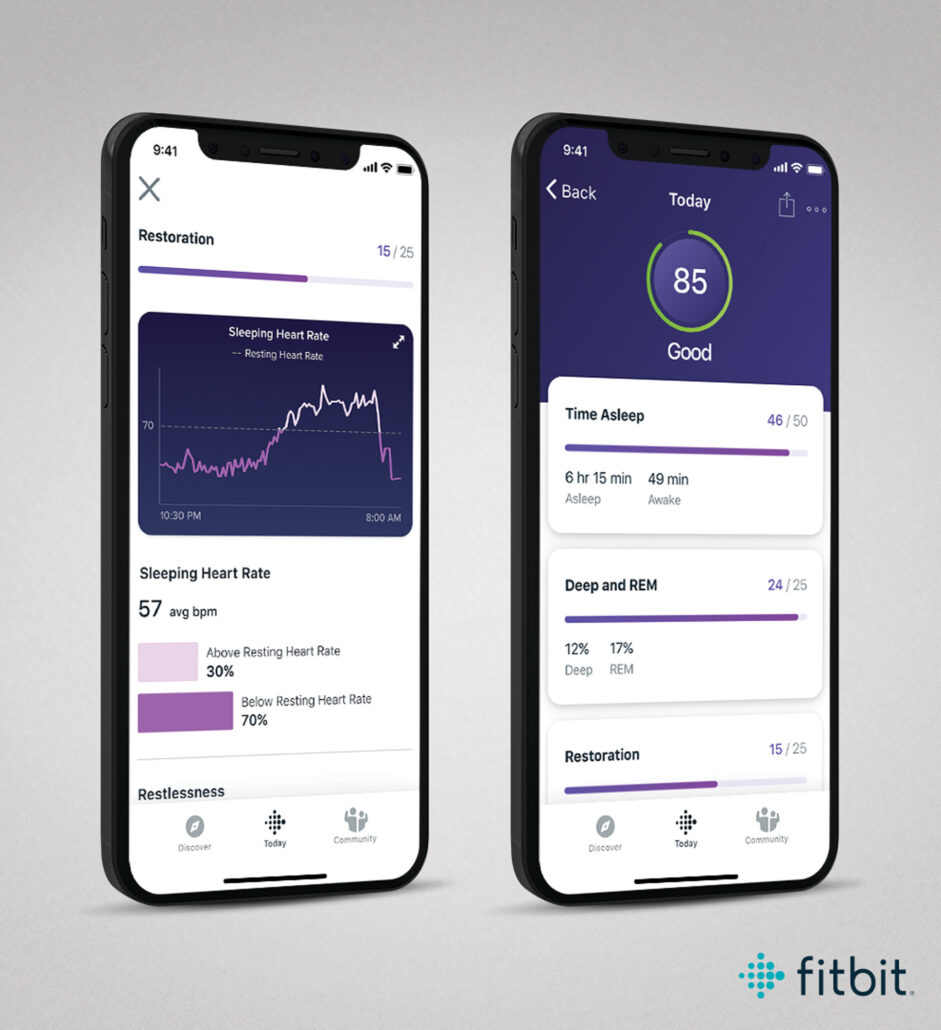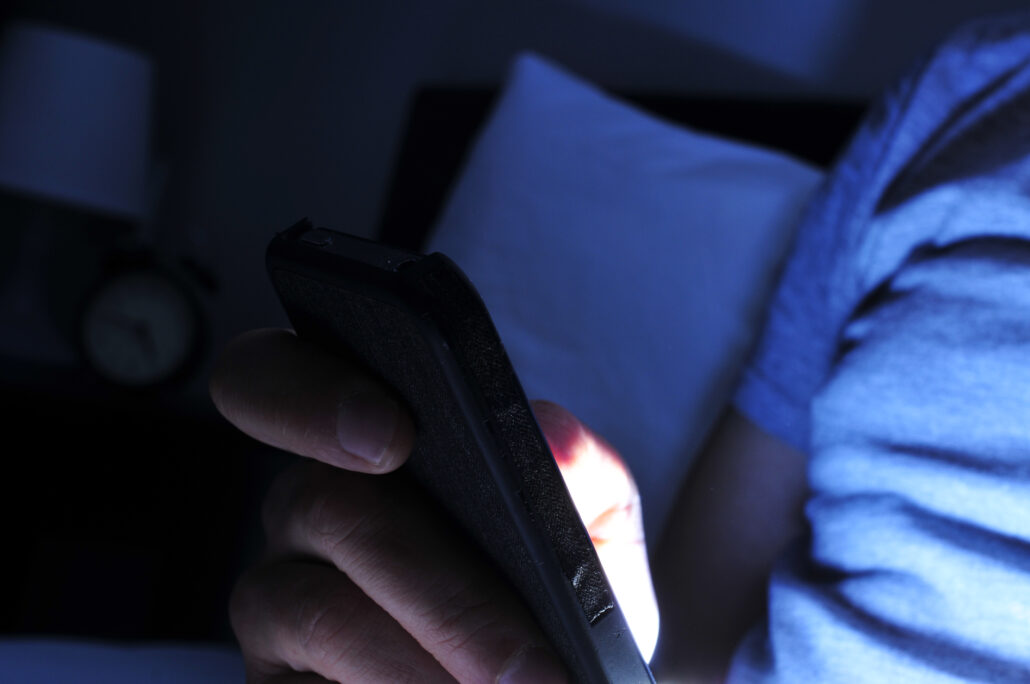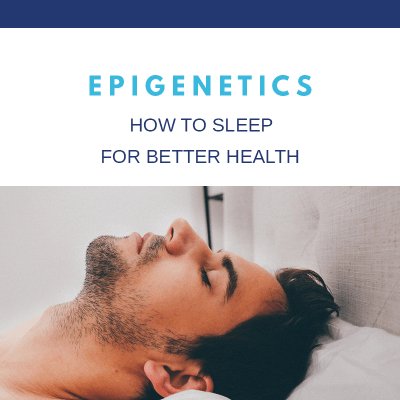Can sleep affect your weight? Doctors have uncovered several reasons why poor sleep can be adding inches to your waistline. Here are the reasons why and some tips for better sleep.
Continue readingThe Top Sleep Gadgets To Improve Your Health
Epigenetics Series: How does stress affect your genes?

Could your genes and stress be related? Is stress passed down from generation to generation?
Recent research shows that stress may alter our genes in a way that’s linked to mental and physical illnesses. These stress-induced illnesses may even be hereditary, meaning the trauma of our ancestors impacts our contemporary genetic expression.
How is stress related to your genes? Why is stress such a problem for health?
And what can you do about it to take control of your health?
What is stress?
What’s the first thing you think of when you think of “stress?”
Maybe you instantly think of a project you’re working on at your job or a loan you’re trying to pay off. You may even think of public speaking or skydiving.
Interestingly, when we think of “stress,” we automatically think of situations. We think of instances where our bodies are stressed. These are uncomfortable or challenging situations that push our bodies and brains to new places.
These situations cause us “stress.”
In reality, though, stress itself is a response to these situations.
When these situations occur, our bodies release stress hormones called glucocorticoids. The principal glucocorticoid is cortisol, otherwise called “the stress hormone.”
There are two types of stress: acute and chronic.
Acute stress
Acute stress occurs in the short-term. This is when you’re met with a challenging situation that you have to respond to in some way. To overcome this stressor, your body releases a burst of glucocorticoids.
Glucocorticoids prepare your body to tackle the stressor. For example, your heart might start pumping blood faster to give your body more oxygen; your eyes might dilate to see more around you, and your hands and feet might tingle because they’re receiving more blood (in case you need to fight or flee).
These stress responses are often dubbed as symptoms of “anxiety.” But in the short-term, these hormones can actually give us a biological advantage. For example, they would allow us to fight or flee a bear we come in contact with. In more practical terms today, this response could also make us more alert and energized to give a speech or take a test.
In short spurts, glucocorticoids are manageable and healthy. They can help you tackle a situation with confidence and determination.
It’s when glucocorticoids flood our bloodstream for an extended period of time that they become an issue.
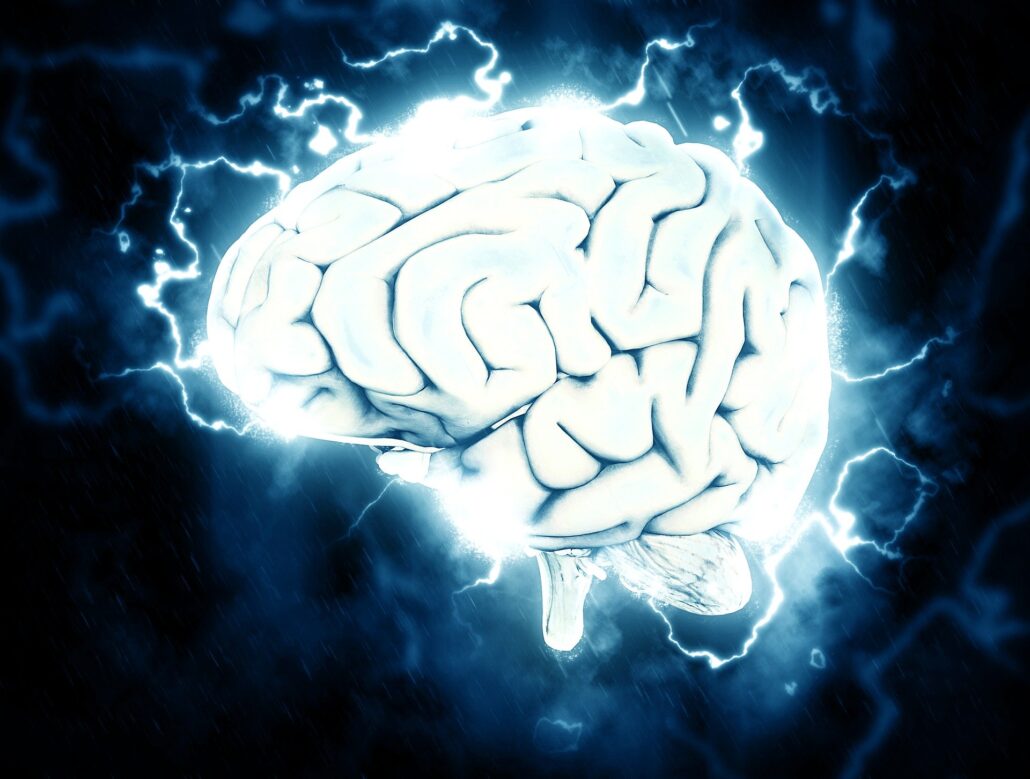
Chronic stress
Chronic stress is long-term. This is caused generally by ongoing stressful situations, like a career you hate, a debt you can’t pay, or an ongoing divorce. Chronic stress can also be the result of PTSD. Even if you aren’t currently going through the stressor, memories of that trauma can continue releasing glucocorticoids for months or years.
Chronic stress causes high levels of stress hormones for an extended period of time. This damages the endocrine system by unbalancing hormones, tiring the body, and fatiguing organ function.
In fact, chronic stress can even negatively impact your genetic expression.
Moreover, this altered gene expression can be passed down from generation-to-generation.
Before we get into how chronic stress alters epigenetic expression, let’s first take a look at why stress is bad for us.
Why is stress harmful?
Stress kills. Stress has been linked to:
- Chronic inflammation
- Allergies
- Ulcers
- Depression
- Schizophrenia
- Cancer
- Obesity
- Hypertension/high blood pressure
- Cardiovascular disease
Chronic stress can literally burn out your body. Your adrenal glands, which produce cortisol, get fatigued and don’t function properly. The oxidative stress caused by these stressors creates harmful free radicals that severely damage your cells. This accelerates the aging process, damages the immune system, and impacts cognitive function.
Stress is linked to just about every disease—big or small. You’re even more likely to catch a common cold if you’re stressed.
Cortisol and testosterone
Stress also has a direct impact on your sexual health.
If you’re suffering from low libido and low testosterone, it may be because you’re stressed.
Numerous studies have shown that high levels of cortisol are directly linked to low levels of testosterone. There is especially a link between stress and severe trauma with PTSD. Higher cortisol in stressful situations drastically lowers testosterone.
When your cortisol goes up, your testosterone goes down.

Why does higher cortisol mean lower testosterone?
There are likely a number of hormonal pathways that create this hormonal relationship. To simplify it, we can look at the building blocks of cortisol and testosterone synthesis.
The body uses cholesterol to produce cortisol. Cholesterol is also a necessary part of testosterone synthesis. When stress levels increase, all of your body’s cholesterol goes to produce cortisol. This leaves no cholesterol left to produce testosterone.
Testosterone is a critical hormone in healthy adult males. Low testosterone is associated with decreased sex drive, erectile dysfunction, depression, anxiety, weight gain, reduced muscle mass, cognitive impairment, arthritis, increased risk of heart disease, and more.
Low levels of testosterone kill your energy, productivity, enjoyment, and health. And low levels of T are a direct result of high cortisol and high stress.
Chronic stress not only impacts our hormones but also our genes. High levels of cortisol and low levels of testosterone can alter the way our DNA is expressed, putting us at risk for disease and illness.
How does stress alter your epigenetic expression?
Epigenetics involves two key genetic alterations: DNA methylation and histone acetylation. DNA methylation adds a methyl group to the end of a DNA structure, and histone acetylation adds an acetyl to the end of the histone binding. These additions can either activate or deactivate certain genes.
Research has shown that stress causes both methylation and acetylation on a variety of genes, especially neurological genes (those in the brain).
DNA methylation and stress
One study found that certain psychological stressors can cause DNA methylation of certain genes. For example, war trauma and physical abuse caused DNA methylation to occur on genes that activate damaging psychiatric disorders.
A study of Cushing’s Syndrome, which is caused by excess cortisol production, found genome-wide changes with regards to DNA methylation. They discovered that individuals with high cortisol levels had less DNA methylation compared to healthy individuals.

DNA methylation suppresses the expression of genes. In this way, certain harmful genetic expressions need DNA methylation in order to be suppressed. For example, in the study, the gene for psychiatric issues remained active because stress kept those genes “turned on;” this caused a number of CS patients to suffer from mental illness at a higher rate.
Research at Johns Hopkins found that mice given corticosterone appeared more anxious during a maze test. When testing their gene methylation levels, they found altered expressions in three of the five HPA axis genes.
They especially found higher levels of Fkbp5, which is the molecular complex that interacts with the glucocorticoid receptor. Genetic variations in Fkbp5 have previously been associated with PTSD and mood disorders.

Overall stress and genes
Basically, stress boosts cortisol and other glucocorticoids. These hormones impact histone coding and DNA methylation, activating genes of illness while deactivating healthy-suppressive genes.
Stress also plays an important role in those genes that control memory and cognitive function. Too much cortisol and these genes “turn off,” causing serious psychological and behavioral concerns.
Glucocorticoids, like the stress hormone cortisol, alter the genetic expression in the brain. Thus, any cortisol-boosting situation—like anxiety, PTSD, depression, and stress—can impact epigenetic chemical tags.
Thus, prolonged stress causes significant epigenetic changes that can drastically impact mental and physical wellbeing.
Stress doesn’t just alter your own genes. These epigenetic expressions and psychological concerns can be passed on for generations as well…
How does stress impact your children’s genes?
That’s right. You can pass your stress on to your children.
Studies have shown that environmental conditions of previous generations impact the expression of our current genes as well.

For example, one study found that daughters of women who experienced the Dutch famine were twice as likely to develop schizophrenia. The daughters did not go through the famine themselves, but their mother’s trauma was genetically passed down, increasing the offspring’s risk of mental illness.
Other studies have shown that extreme stress during pregnancy, like living through the 9/11 attacks, can pass the experience on to the child. These children report depression, anxiety, and poor coping mechanisms at a much higher rate than parents who did not live through extreme stress.
This is true even when the children are well cared for. A study of rats found that parents who experienced epigenetic-altering stress passed this genetic structure on to their pups and grand pups—even if they’re pups were cared for and loved in early life.
Although these altered genetic expressions are hereditary, they’re not permanent.
In fact, you can reverse stress-related DNA changes with environmental and lifestyle factors.
A study of identical twins looked at how environment and trauma impacted epigenetic flags. Although the siblings were genetically identical, their epigenetics changed over time. One twin had depression, anxiety, and obesity while the other did not. This is likely because the latter twin was able to change his epigenetics in a way that suppressed the genes for those diseases.
We have power over our epigenetics.
You can deactivate the stress-related genetic expression that you may have inherited from your family.
And you can prevent the activation of your own stress-induced DNA methylation.
How can you reverse stress-induced genetic risk factors?
Meditate.
One of the easiest and most effective ways to combat high stress is through meditation. Relaxation practices have been shown to reduce cortisol and increase testosterone. In fact, even just four months of meditation practice can help reset hormone levels and improve stress response.
I recommend taking a yoga class and learning deep breathing exercises. You should also get outside to meditate and relax. Studies show that taking a walk in nature is linked to lower cortisol levels. Fresh air helps calm the mind and body—and gets you to exercise as well.

Workout.
Working out has a direct impact on mood and cortisol. Working out releases endorphins, which makes you happier and less stressed.
High-intensity interval training boosts testosterone and decreases cortisol. Learn more about using HIIT to lower cortisol and increase T here.
This decrease in cortisol has actually been shown to boost cognitive function and improve behavior and mood.
However, if you have high levels of stress, an intense workout might worsen the problem by boosting cortisol in the short-term. This cortisol increase isn’t harmful to your genes, but it can increase levels of anxiety and tension in individuals already experiencing high levels of stress.
Plus, losing weight and fat can help reduce stress. Moreover, body fat increases estrogen, which decreases T levels. This causes lower testosterone, and low T, in turn, leads to increased body fat and reduced muscle mass—which further impacts stress. It becomes an unhealthy cycle of weight gain, low T, and stress!
Eat more carbs.
People tend to shy away from carbs because they “make you gain weight.” However, a diet that’s too low in carbs can actually make you gain weight by increasing cortisol levels.
Carbohydrates actually help reduce cortisol levels, especially post-workout.
However, don’t go guzzling carbs when you’re stressed, as too many carbs will cause weight gain and this can further increase cortisol and lower testosterone.
It simply means you want to maintain a balance of macronutrients: proteins, fats, and carbs. Studies have shown that higher protein diets lead to high cortisol levels, while a strong ratio of protein to carbs creates the most balanced hormones.
Click to learn more about the dangers of an all-protein diet—and why you need carbs.
Get more vitamin C.

Vitamin C has been linked to reduced cortisol production, especially after an intense workout. Vitamin C is also a great testosterone booster.
One study found that vitamin C actually regenerated 58% of damaged testosterone molecules. It also helps with sperm quality, motility, and volume for improved sexual health. Boost your testosterone and you can help reduce your cortisol and stress.
You can find vitamin C in a number of healthy foods, like citrus, guava, red peppers, strawberries, and papaya.
Sleep more.
Sleep helps reset your hormone levels, reducing cortisol and increasing testosterone.
In fact, if you don’t sleep enough, your cortisol levels rise astronomically.
Cortisol levels naturally rise slightly in the morning to help us wake up and prepare for the day. In reverse, cortisol drops at night to help us sleep.
However, if your body doesn’t drop cortisol at night, you’ll deal with insomnia and late-night anxiety. You’ll also have increased levels of cortisol in the morning that can cause severe, chronic stress whenever you’re awake.
Sleep is critical to balance hormones, reduce stress, and restore your body’s natural health.
Learn more about how sleep impacts your epigenetics here.
Stand in power poses.
Studies have shown that you can increase testosterone by 20% and reduce cortisol by 25% simply by standing in a “power pose” for two minutes. The researchers concluded that you can change your brain and hormonal chemistry through body language and behavior.
Simply pretending to be powerful and stress-free will make you powerful and stress-free!
Conclusion
Stress impacts our behavioral epigenetics. Traumatic experiences in our past—and in our ancestors’ past—can scar our DNA. Although we can inherit stress-induced genetic expressions, we can also reverse this process as well. With certain lifestyle and environmental changes, you can reduce your stress and reset your genetics for a healthier expression.
Are you ready to change your genes?
You’ll learn how to change your environment and lifestyle to reduce your risk of major diseases… and finally, have the energy and health you crave!
Upgrade to Male™ 2.0 – Schedule a Consult!
You’ll get access to a genetic-based report and analysis, along with a private consultation that will put you on track to your ultimate health.
With the Male 2.0 Method, I test your DNA, interpret the results, and create a customized strategy just for you. This plan is specific to YOUR individual genes and lifestyle. It will improve every area of your life, from your health and professional productivity to your overall longevity and total wellbeing. Male 2.0 gives you the actionable tools you need right now. It reveals what you need to customize and design your future limitless self.
Click here to learn more about the lifelong benefits of a personalized genetics consultation and epigenetic coaching program.
Want more tips to optimize your health? Listen to the latest podcasts. Click HERE
I look forward to working with you to take your health goals to the next level.
COMING SOON TO AMAZON
 In Male 2.0™, Dr. Tracy Gapin has turned everything we once thought we knew about men’s health and performance upside down. The old model of how to be “a man” is broken. A man who works himself to death. A man who tries to NOT get sick but isn’t really healthy either. A man who takes a pill for every ill but is never really cured. That was Male 1.0. Now, imagine being THE MAN ─ owning your performance in the bedroom, the weight room, and the boardroom. Living a fully optimized life. Becoming limitless. This is Male 2.0!
In Male 2.0™, Dr. Tracy Gapin has turned everything we once thought we knew about men’s health and performance upside down. The old model of how to be “a man” is broken. A man who works himself to death. A man who tries to NOT get sick but isn’t really healthy either. A man who takes a pill for every ill but is never really cured. That was Male 1.0. Now, imagine being THE MAN ─ owning your performance in the bedroom, the weight room, and the boardroom. Living a fully optimized life. Becoming limitless. This is Male 2.0!
Tracy Gapin, MD, FACS is a board-certified Urologist, Men’s Health Expert, Author, and Professional Speaker. Using state-of-the-art biometric monitoring, nutrition and lifestyle intervention, Dr. Gapin coaches Fortune 500 executives and evolutionary leaders of business, sports medicine, and high performance. He specializes in cutting-edge precision medicine with an emphasis on epigenetics, providing men with a personalized path to optimizing health & performance. www.SmartMensHealth.com
Epigenetics Series: How To Sleep For Better Health
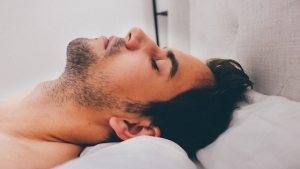
Even one night of sleep deprivation can alter your genes. The epigenetic change of poor sleep can result in reduced immunity, poor memory, lowered cognitive processes, enhanced risk of type 2 diabetes and heart disease, and even higher risk for cancer and early death.
1 in 3 American adults doesn’t get enough sleep on a regular basis. That means nearly 70 to 80 million Americans are being subjected to reduced health and quality of life simply because they aren’t sleeping enough.
But understanding the epigenetics of sleep could help treat sleep disorders and their associated health risks.
How is sleep related to our genes? How do these epigenetic changes impact our health? And what can we do to reverse these genetic changes, sleep more, and stay healthy?
Epigenetics Recap
Let’s quickly recap the basics of epigenetics so we’re on the same page to discuss sleep genes.
Epigenetics looks at how changes in lifestyle and environmental factors can influence genetic expression.
We can’t change our genes. But certain environmental and lifestyle factors—like sleep— can activate or deactivate the expression of those genes.

DNA methylation is the most important and common epigenetic change. Methylation occurs when proteins attach to the methyl groups on the DNA bases. This attachment either “turns on” or “turns off” the expression of those genes. Think of methylation like a light switch that can flip the genetic expression one way or the other. We’ll also discuss histone acetylation below, which also plays a role in epigenetic expression.
Learn more about epigenetics here: What is Epigenetics and Why Do You Care?
The Importance Of Sleep
Sleep is critical for almost every aspect of our health. From learning and memory building to maintaining a healthy weight to reducing risk for chronic diseases, a number of studies have linked proper sleep to overall health and wellness.
The reverse is true as well. Studies have proven a correlation between lack of sleep and health problems, like metabolic disorders, heart disease, and even early death.

But the reason we need sleep for health isn’t fully understood. It could be because a lack of sleep increases cortisol (“stress hormone”) levels, which is linked to health problems. Or it could be that your cells need sleep to “reset” and regenerate. It could also be that sleep gives our body the necessary energy to use during the day.
Epigenetics is making some headway in understanding why we truly need sleep. Epigenetics suggests that sleep impacts DNA methylation, which can activate or deactivate certain cells in the body.
A lack of sleep may increase DNA methylation, which can suddenly activate the expression of risky genes, like cancer-causing tumor growth genes.
“It is becoming clear that epigenetic factors are highly integrated into networks [of clock genes and circadian gene expression],” wrote Qureshi and Mehler.
Epigenetics Control Sleep Patterns
Recent studies have proven that maternal and paternal imprinted genes control REM sleep.
One study looked at two syndromes, Prader-Willi syndrome and Angelman syndrome.
Prader-Willi syndrome comes from maternal additions (and paternal deletions) on chromosome 15. It results in inactive and sleepy children who tend towards the psychotic spectrum disorder.
Angelman syndrome has paternal additions and maternal deletions on chromosome 15. This syndrome results in hyperactive children who tend towards the autism spectrum.
This says something interesting about the link between genes and these syndromes’ symptoms. The difference comes from an opposite pattern of imprinting, which is the expression of the gene of one parental copy over another (Prader-Willi favors the maternal and Angelman favors the paternal).
When the maternal is stronger with Prader-Willi, children are inactive and sleeping. When the paternal gene is stronger with Angelman, children are hyperactive and sleepless.
The gene is the same, but the expression on wakefulness and sleepiness is different.

This same study also found that these genes can even control dreams. When paternal genes were predominantly expressed, the dreamer showed more aggressive impulses. When maternal genes were expressed, the dreamer showed more pro-social behaviors.
The expressed maternal or paternal gene has a direct correlation to energy levels, sleep capacity, and even dreaming.
This proves, at the very least, that our genetic expression has a direct link to our sleep patterns.
Sleep Patterns Control Epigenetics
But the opposite is true too. Genes control our sleep, but sleep also controls how our genes are expressed.
Research has proven that sleep controls the REM cycle. In fact, nearly 15% of our total genes oscillate along the sleep-wake cycles. This means that the genetic expression is dependent upon sleep patterns. A loss of sleep that disrupts our natural circadian rhythm can actually affect 20% of the genes in our brain.
These genes are called “clock” genes. These clock genes are key components of our circadian clock. How they interact with one another is entirely dependent upon genetic expression. The clock genes control when we are awake and when we are asleep, aka our nocturnal and diurnal cycles.
Yes, whether you are a “night owl” or “morning lark” is actually a factor of your genetic expression!
Some of the core clock genes include BMAL1, CRY 1,2 and PER 1,2. You can learn more about clock genes here.

Sleep and DNA methylation
One of the most significant studies looked at the DNA methylation after just one night of sleep deprivation. 15 healthy men stayed in the lab for two nights. They slept during one session and were kept awake the entire night for the other.
They found after just one night of sleep deprivation:
- Complete methylation of CRY1
- Methylation changes in two regions of PER 2
- Reduced genetic expression of BMAL1
That means almost all of the clock genes were instantly changed in just one night. Researchers wrote, “Our current results indicate that changes in our clock genes may be linked to such negative effects caused by sleep loss.”
The study also looked at cortisol and blood glucose levels with sleep loss. They found that one night of sleep deprivation changed the genome of fat and muscle tissue. This demonstrates a direct link to increased risk factors of obesity, type 2 diabetes, and cardiovascular disease.
The researchers weren’t actually surprised that sleep impacted DNA methylation. They were more surprised how abruptly this change occurred. Cedernaes said, “It was interesting that the methylation of these genes could be altered so quickly, and that it could occur for these metabolically important clock genes.”
But what’s the problem? Why do we care about these clock genes?
These clock genes determine not only our patterns of sleep but also other key impacts of health, including cognitive function, metabolic health, and immunity.
Key Epigenetic Changes Dependent Upon Sleep
Sleep improves immunity
There is a direct link between sleep and the immune system. A loss of sleep reduces the ability of the body to fight infection and diseases.
One study found an increase in DNA methylation in children with obstructive sleep apnea (OSA). Increased methylation occurred primarily on the FOXP3 (Forkhead Box P3) gene. This gene is known for regulating the body’s immune response.
Methylation of this gene increased levels of two key proteins:
- High sensitivity C reactive protein: linked to cardiovascular disease and inflammation in blood
- Myeloid-related protein 8/14 complex: has a role in the body’s inflammatory process
Overall, researchers concluded that increased methylation levels increased the systematic inflammatory response. This chronic inflammation reduces the immune system while damaging organs and body functioning over time.
Learn more about the serious adverse health effects of chronic inflammation here.
Sleep enhances memory and cognitive functioning

Memories are stored while we sleep. If we aren’t sleeping, our brain doesn’t have time to “record” these memories.
Like methylation, histone acetylation is another epigenetic mechanism. This occurs when acetyl groups are added to histones (histones help order the structure of DNA). An addition of acetyl relaxes the DNA chromatin structure, which increases the expression of that gene.
While DNA methylation “turns off” or “turns on” a specific gene, histone acetylation enhances the “on” of a gene. If DNA methylation is a light switch, acetylation is the dimmer function.
Studies have proven a link between reverse histone acetylation and brain function. Histone deacetylases (HDACs) are especially implicated in learning and memory.
A lack of sleep can actually cause histone acetylation, and thus impact the brain’s ability to form memories and apply new learnings.
One study looked at rats with three days of sleep deprivation. They found that sleep loss decreased histone acetylation levels and increased HDAC2 expression.
They also found a reduction in BDNF (brain-derived neurotropic factor) promoters. These proteins are critical for the creation of neuron synapses and associated memory formation.
The sleep deprivation reduced BDNF expression, which can interfere with the process of building neurons. Without these neurons, the brain starts to slow down, especially with regards to memory formation.
That’s why a night without sleep can make you so foggy and forgetful.
The researchers then administered an HDAC inhibitor to reverse this process, which was able to restorer spatial memory function.
Sleep minimizes cancer risk
Studies have shown a link between a desynchronized circadian clock and tumor development. Not getting enough sleep can alter genes that are linked to immunity and tumor growth. This leaves your body exposed to cancer progression without the immunity to fight it off.
This likely occurs due to the decrease in melatonin with lack of sleep. Melatonin is the hormone that regulates sleep and wakefulness.
One study found that melatonin can actually reverse tumor growth. In reverse, a lack of melatonin enables tumor growth progression. If we don’t sleep enough, our bodies don’t release the necessary melatonin. Moreover, light at night inhibits the release of melatonin. This melatonin deficiency has been linked to global DNA methylation, which impacts genes that regulate the immune system and inflammation.
In essence, melatonin is necessary to prevent and reduce tumor growth.
Sleep impacts stress (in a cycle)
Sleeping more can actually reduce your stress. Sleep helps lower your cortisol levels and increase your other hormones, like testosterone. A reduction in the stress-hormone cortisol can help your body feel less anxious and stressed.
But the reverse is true too. You need to reduce your stress if you want to get better sleep.

DNA methylation plays an important role in our body’s response to stress. DNA methylation can “turn on” stress genes. Stress causes histone modifications in the hippocampus, which can make the brain too active to get a good night’s sleep.
And many scientists believe that stress causes insomnia.
So DNA methylation might increase stress, which causes insomnia.
Insomnia and disrupted sleep then itself can become a chronic “stressor.” This stressor causes the DNA methylation that then causes insomnia.
It becomes a negative feedback loop of sleeplessness, stress, and unhealthy DNA methylation of genetic expression. This can literally perpetuate and sustain insomnia and associated health concerns indefinitely.
But we can actually break this cycle of epigenetics… by sleeping more.
How To Sleep
Can you “bank” your sleep?
This is always the first question people ask. Is it okay if I don’t sleep during the week and I sleep a lot on the weekend?
Well, no… but maybe.
Scientists are still looking at the impact of sleep accumulation.
However, as we saw with the above study, just one night of sleep deprivation can impact DNA methylation. Chronic sleep loss may have irreversible effects on genetic expression.
But, that doesn’t mean you should start losing sleep over your lost sleep. You want quality sleep every night, but one rough night won’t kill you. It’s generally accepted that it’s better to make up lost time the following day or weekend than to consistently tire yourself out running on no sleep.
So what does a healthy sleep look like?
In all honesty, the jury is still out on the answer to this question. So I’ll give you two key tips to follow that everyone can agree on.

You want to sleep in full REM cycles when possible.
One REM cycle is about 90 minutes long. This means you generally want to wake up in intervals of an hour and a half. For example, you want to set your alarm for 6 hours, 7.5 hours, or 9 hours. Waking up after 8 hours interrupts a REM cycle, which will not only leave you tired and grouchy, but it could also impact DNA methylation and epigenetic expression.
The number of hours you should shoot for each night is still up in the air. I generally recommend 7-9 hours each night depending on your own energy levels. You can sometimes get by with 6 hours depending upon your own body’s needs.
However, with regards to epigenetic expression, the number of hours seems to be less important than when you sleep. You want to follow the natural light-dark cycle of the earth—and of your body. Sleeping during the day may actually impact your chromatin remodeling and cellular metabolism.
Go to sleep when it’s dark. Wake with the sun.
Learn more about sleep and increasing your energy here.
The Bottom Line
Sleep affects our “clock genes.” These genes are linked to key health factors like the immune system, inflammation regulation, cancer progression, stress, and chronic disease.
Even one night of sleep deprivation can impact the epigenetic profile. Sleep alters the expression of our genes. This means that sleep can literally control our behavioral and physiological functions.
Further understanding of the epigenetics of sleep could help treat sleep-wake disorders as well as reduce risks of neuro-degeneration, metabolic disease, cancer, diseases, and aging.
It’s critical to sleep in appropriate circadian rhythms to improve the immune system, boost cognitive function, reduce cancer risk, and more.
Do you love learning about how you can control your genes and health?
Sign up for G1 High Performance Health now to take control of your health this week!
I look forward to seeing you there.
11 Ways To Increase Your Energy After Age 50

Are you ready to feel ultimate vitality? Are you ready to increase energy and become a productive, lively, youthful man once again?
As age starts to rise, everything else seems to decrease (except for maybe the number on the scale). Energy drops, testosterone levels decline, muscle mass is lost, metabolism slows, and even sexual drive lowers. In fact, these health issues are all related in a vicious cycle of sluggish living.
For example, low testosterone is linked to chronic fatigue, weight gain, muscle loss, and diminished libido. The reverse is also true as well’ a low level of energy can create low T levels, a bigger belly, and a decreased interest in living vigorously. When one part of health starts to decline with age, often the others do as well.
Energy is at the core of wellness. If you feel more energetic and vivacious, you’re more likely to make the necessary changes to get the rest of your health back in shape.
But how can you boost your vitality after age 50, when energy levels start to naturally and rapidly decline?
1. Sleep more
It sounds obvious, but inadequate sleep is the number one cause for low energy and low hormone production (like testosterone). With age, insomnia and restless nights become more common. This is especially true as other age-related health issues pop up, like arthritis pain or urinary incontinence from poor prostate health. These pains and symptoms can keep us up all night, forcing us to watch the sunrise despite our baggy eyes.
You should try to sleep six to seven hours per night. If you have trouble falling asleep, try one of the following options:
- Magnesium pills (a natural insomniac)
- Meditation and relaxation
- No electronics 30 minutes prior to bed
- Avoid caffeine and alcohol after 2pm
- Ensure your sleeping environment is dark and cool
Napping has also been shown to boost brainpower and prevent energy burnout. This is especially true if you find your nights aren’t restful.
Furthermore, a study by the University of Chicago found that “obtaining adequate sleep may enhance the beneficial effects of a diet. Not getting enough sleep could defeat the desired effects.” Not sleeping enough can limit fat loss and make you gain weight. Your body needs more energy to stay awake, so you have to eat more to make up for it. Long periods of poor sleep will also put your body into a state of shock, which could cause it to preserve fat cells in order to protect itself.
2. Lose weight, get lean

Excess belly fat can foster the production of estrogen, and more floating estrogen causes a decline in testosterone, libido, and energy levels. Estrogen can also make you gain weight, pushing you into an endless cycle of fat-estrogen-fat.
In addition, muscle mass starts to decline after age 30. Lean muscle keeps testosterone and metabolism high.
Losing weight and instead gaining muscle has been shown to decrease estrogen and increase testosterone. More testosterone means higher libido and more energy.
The best way to quickly lose weight, gain muscle, and boost your T levels is with HIIT (High Intensity Interval Training) or PRIME (Peak Repetition Intervals at Maximum Effort). This uses repeated intervals of high-intensity followed by periods of rest to burn more calories and grow your muscles quickly.
3. Reduce alcohol intake
Alcohol can reduce testosterone production by inhibiting your body’s natural metabolic processes. Beer is especially estrogenic, which reduces T levels and can cause weight gain (aka the beer belly). This weight gain in turn reduces testosterone, which causes even more weight gain—the same cycle we saw above.
Reducing your alcohol intake will cut the number of calories contributing to your belly, and it will also help lower the amount of estrogen your body produces. If you’re going out for a social drink with friends, stick to vodka, which has the least effect on testosterone levels.
4. Eat healthy fats
Healthy fats support strong testosterone and energy levels (and they have a lot of other healthy benefits as well). These fats are monounsaturated, polyunsaturated, and omega-3 fatty acids, and they can be found primarily in avocados, nuts, olive oil, and coconut oil.
They can also be found in certain types of fish and green leafy vegetables. Healthy fat nuts like almonds are another great healthy-fat snack!
Supplement your diet with at least two servings of healthy fats each day. This can help you maintain a healthy weight while also bringing your energy up.
Healthy fats can be high in calories, though, so it’s important to not overdo it. Instead, balance healthy fats with proteins to best increase muscle and shed pounds—and boost your overall energy levels.
5. Have berries as a snack
Your body produces energy directly from food fuel. Keep your energy up throughout the day with occasional healthy snacks. Berries are an ideal snack because they deliciously quench sweet cravings and they’re high in anthocyanins, which power-up energy and weight loss. A handful of blueberries is packed with energy, antioxidants, and hormone-regulating goodness!

If you don’t like berries, try high-fibrous veggies like broccoli, artichokes, or black beans. Some studies have found that a diet in high-fiber causes less fatigue than low-fiber diets. This is likely because fiber can help regulate the gut and detox the colon, removing pollutants that slow down the body.
6. Try intermittent fasting
Abstain from food for 24 hours a few times per week. An alternative approach to intermittent fasting is to fast for 16 hours and limit yourself to 3 meals over the remaining 8 hours. If a workout is planned, it should be just prior to your first meal of the day. This process helps your body reset, and it will confuse your body into shedding extra pounds and detoxing energy-killing toxins. It can also boost your testosterone levels, regulate hormones, and reduce inflammation. While scientific evidence of intermittent fasting varies, overall it seems to help with regulating the body’s natural processes.
Fasting can initially make you feel tired and irritable, but this generally only lasts in the short-term. After you’ve finished fasting, you’ll likely feel more energized and “clean.” This can help put you on a good track of living a healthy, energy-filled lifestyle.
Please note that fasting (and bingeing) should not be used for extreme weight loss or health goals. It should only be used occasionally as a detox. You should also not fast from all food—your body still needs fuel! Instead, stick to small meals of steamed vegetables, green vegetables, fresh fruits, and brown rice. During the fast, drink only water and avoid sugar, salt, and processed foods.
7. Get in the sun
Sun exposure has been shown to increase mood and energy, and it may even help with anxiety and depression. Sunlight can help increase the production of serotonin, otherwise known as the “happy chemical.” It also regulates the nocturnal melatonin production, so individuals fall asleep and stay asleep easier (see number 1 on this list). Additionally, the vitamin D in sunlight is crucial for immune health, bone density, and hormone regulation.
8. Drink more water

Water is needed to keep your body running at its peak. Dehydration can cause poor physical and cognitive performance, diminished GI and kidney function, poor heart function, headaches, and even delirium.
Water and energy are directly and complexly linked. If you don’t drink enough water, your energy levels will diminish—as will other functions in your body.
Drink at least 8 cups of water per day. This will feed your blood and organs with the necessary oxygen to keep them running properly. If your body is working efficiently, you’ll feel more energetic and healthy overall.
9. Stop using fragranced cosmetics
Shaving creams, soaps, body lotions, deodorants, and even laundry detergents can all have chemicals that rapidly and drastically decline T levels. If “fragrance” is an ingredient on the bottle, this means that the product is filled with chemicals that could be linked to allergic reactions, carcinogens, and hormone disruption (like stopping testosterone production). Even non-fragranced products that have certain chemicals could decline testosterone and unbalance hormones.
Additionally, these toxins can make you even more tired. The chemicals seep into the pores of your skin and get into your bloodstream, making you feel sluggish and fatigued. This is especially true after age 50, when your body is not as capable of fighting off toxins on its own.
Use natural products instead. Look for fragrance-free or naturally scented products to stay fresh and clean while also keeping your energy and testosterone high.
10. Let the guys roam free
Your testicles like to be free. Confining them in tight briefs can cause them to hamper testosterone production. This tight confinement against your body also raises the temperature of testicles. Testicles prefer to be cold; so if they’re warm against your body, it can actually lower testosterone production further.
Because it also likes the freeing feeling of the cold, you should also treat your little man to a cold shower or ice bath once per week. This “treatment” will help reduce inflammation, boost the human growth hormone levels, and support testosterone production.
Cold water has also been shown to increase energy levels; a cold shower in the morning gets you ready to take on the day! Plus, cold water has a ton of other benefits for your health, like pain management and improved immunity.
11. Have sex
This is always my favorite recommendation. Get in bed! Having sex releases endorphins and serotonin, which make you happier, less anxious, and more energized. Sex also helps burn calories and increase oxygenation, which helps to shed those extra pounds and regain your vigor. Plus, if you have sex before bedtime, it can help you have a more restful sleep—and we know sleep is good for energy.
If you’re struggling to get in the mood, you may have low testosterone levels. (See how it’s all linked?) Visit a doctor to check your T levels while you use the above 12 ways to naturally boost T and energy!
Bottom Line
Energy and testosterone levels are intricately linked after age 50. Low T means low energy, and low energy often means falling T levels. But there are natural ways to healthily regain the youth and vitality inside you!
Want to regain your vigor now? Check out The Male 90X Consult to revive energy, boost health, and give you the tools to be the best man possible!

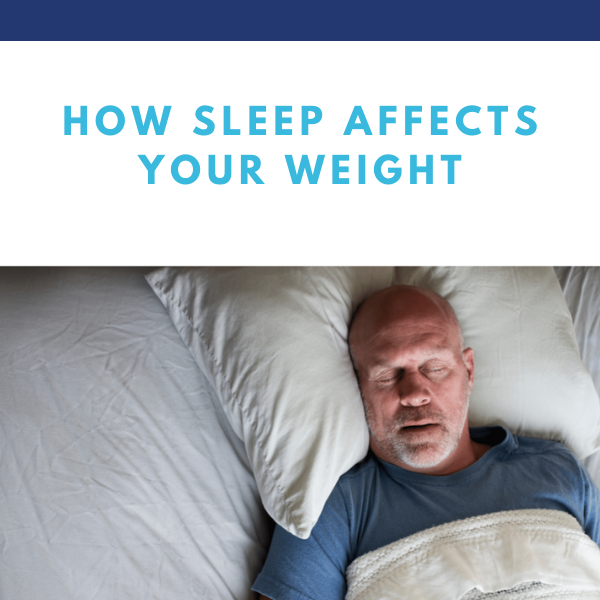
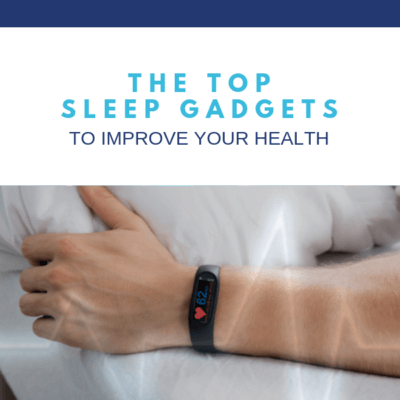
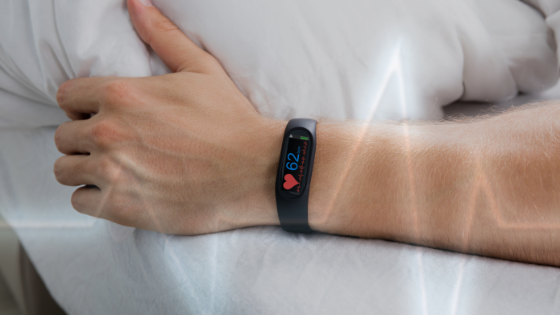
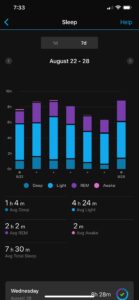
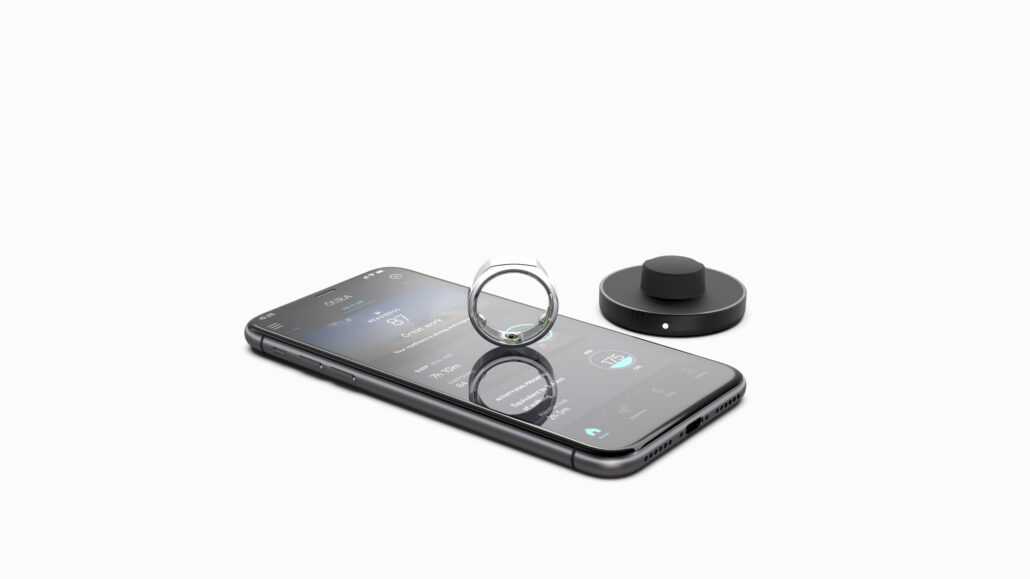
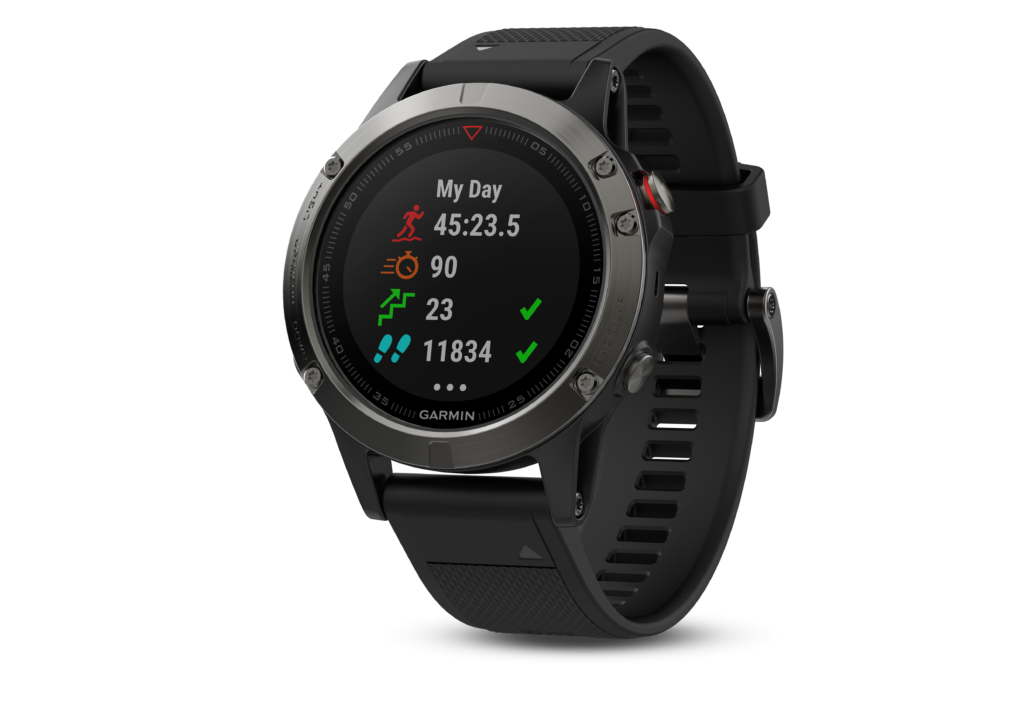 The
The 